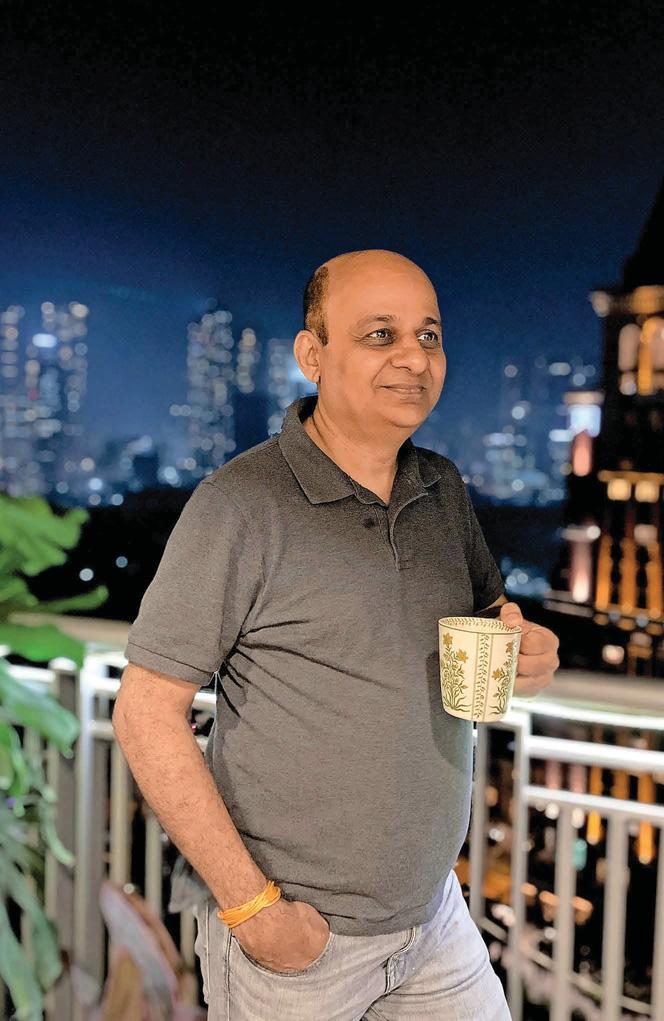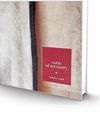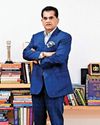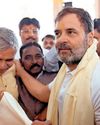
Why so many tests? How many of us can understand the sheets of paper we receive after a simple blood test? Do we require so many tests, or is it just a moneymaking tactic? What is the minimum knowledge we must have of pathological methods and testing? How much is too much?
According to one report, profit margins in pathologies are 23 to 25 percent. The worrying fact is that the diagnostic industry is highly competitive, because of low entry barriers. Organised players cater to only 17 percent of the market.
For this column, we delve into the why and how of diagnostic testing.
Dr Nilesh Shah's qualifications include a BSc and PhD in microbiology and a DMLT (diploma in medical laboratory technology). He has 37 years of experience in his field. At 57, he is the president and chief of science and innovaHealthcare tion at Metropolis Limited.
Why we need to be tested on so many parameters: Comprehensive testing helps ensure good health and well-being, besides providing the clinician a detailed picture for easy decision-making. But it is essential to avoid tests that are beyond the doctor's prescription and are irrelevant.
Renowned laboratories have well-designed test packages that align with best practices. For instance, opting for a lipid profile instead of separate cholesterol and triglyceride tests can provide better value without redundancy, saving both time and money.
What do we do with 40-page reports we cannot make any sense of: Receiving lengthy reports filled with potentially irrelevant data can be overwhelming.
This story is from the {{IssueName}} edition of {{MagazineName}}.
Start your 7-day Magzter GOLD free trial to access thousands of curated premium stories, and 9,000+ magazines and newspapers.
Already a subscriber ? Sign In
This story is from the {{IssueName}} edition of {{MagazineName}}.
Start your 7-day Magzter GOLD free trial to access thousands of curated premium stories, and 9,000+ magazines and newspapers.
Already a subscriber? Sign In

Use multi-asset investing to overcome portfolio volatility
EQUITY MARKETS have been choppy during this year. After rallying for the better part of the first nine months of 2024, equities corrected sharply in October and November, before taking off once again on rally mode in December.

Twist of faith
Upamanyu Chatterjee is back with his wry sense of humour in his new novel, and most of it is directed at religion and spirituality

THE GLORY OF SARI
Saris of Memory weaves together history and textiles, highlighting key moments from the author's collection

We win together
We invented chess, which was pretty cool of us. The original game 'chaturanga'that is four divisions (infantry, cavalry, elephantry and chariotry)-was a war strategy game. When the game travelled to the Middle East, they mangled the Sanskrit and it ended up being called 'shatranj' instead.

BEATS THAT HEAL
Music ignites the light within us, says Grammy-winner Chandrika Tandon

Older, smarter, sexier
Those who worship him regardless of where he works have continued to do so. Such is the power of Alessandro Michele, that after being the face of some mega brands for 10 years (namely Gucci and now Valentino), he remains bigger than the labels themselves. His debut collection for Valentino was presented at the recent Paris Haute Couture Week, and it has been adored by his adorers.

The road to peace
Future political dialogues should explore means of ensuring a more robust autonomy to tribal communities

Diary of a Sherpa
Amitabh Kant's new book is a comprehensive account of the G20 Summit held in Delhi in 2023

The annoying orange
Everything is great. All is sunshine. I am an eternal optimist.\" It's the fad of our TikTok times everything is not great, the sun sets daily, nothing is eternal. If anything, everything is ephemeral, night brings darkness, and optimism often crumbles under the weight of history. British philosopher Roger Scruton warned: \"Hope untempered by the evidence of history is a dangerous asset, one that threatens not only those who embrace it, but all those within range of their illusions.\"

NO SEAT, YET UPBEAT
The Congress is buoyed by its increased vote share in Delhi, and feels it can push the AAP into further decline